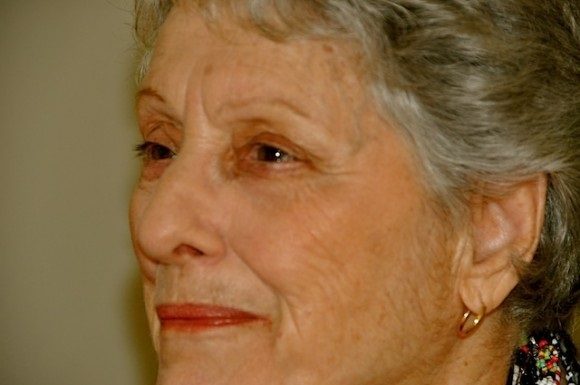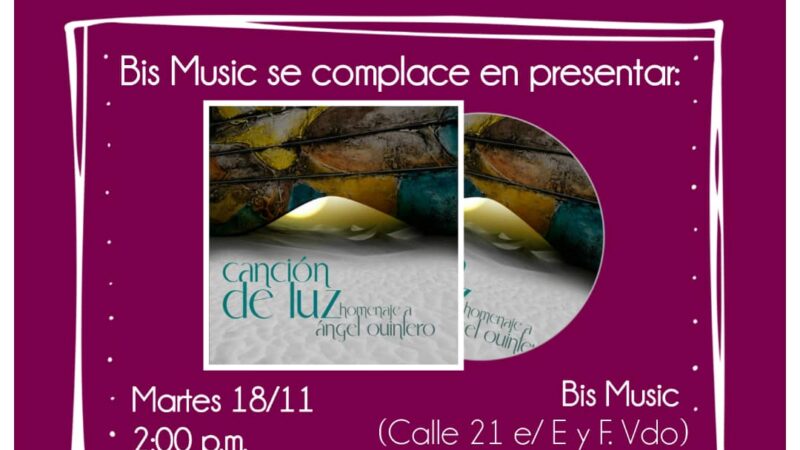El elogio oportuno will be dedicated to the 90th anniversary of the birth of ethnologist Natalia Bolívar Aróstegui

The event, led by journalist and critic Fernando Rodríguez Sosa, will be dedicated to the 90th anniversary of the birth of ethnologist Natalia Bolívar Aróstegui.
The gathering will take place on Thursday, September 12, at 3:00 p.m., at the Fayad Jamís Bookstore, located on Calle Obispo261 entre Cuba y Aguiar, in Old Havana.
This meeting will feature poet, essayist, and translator Nancy Morejón, winner of the National Literature Prize; writer Natalia del Río, daughter of Bolívar Aróstegui and co-author of several of her books; and poet and essayist David López Ximeno. They will share memories of the life and work of Bolívar Aróstegui, who was also a researcher and painter.
Attendees will have the opportunity to listen to recordings of Natalia Bolívar Aróstegui’s voice from the tribute organized at the Fayad Jamís Bookstore on the occasion of her 85th birthday, as well as enjoy performances by the vocal group Daisy Brau and Oba-Aréanle.
Born in Havana in 1934 and passing away in the same city in 2023, Natalia Bolívar Aróstegui was an active fighter against the dictatorship of Fulgencio Batista.
A disciple of Lydia Cabrera, she dedicated decades to the study of anthropology, a field that allowed her to publish numerous articles and essays and deliver lectures in various countries around the world.
Her extensive bibliography includes books such as Los orishas en Cuba, Ta Makuende Yaya y las Reglas de Palo Monte, La muerte es principio no fin, Mitos y leyendas de la comida afrocubana, Quintín Banderas, Lydia Cabrera en su laguna sagrada, Nkorí. Vocablos africanos en la música cubana, and La sabiduría de los oráculos. Ifá, los caracoles y el coco.
El elogio oportuno—which aims to honor writers, books, historical events, and institutions celebrating significant anniversaries—takes its name from the Marti aphorism: «timely praise fosters merit; and the lack of timely praise discourages it,» which appeared in the pages of the newspaper Patria in April 1892.
Translated by Luis E. Amador Dominguez
Photo: Petí.



